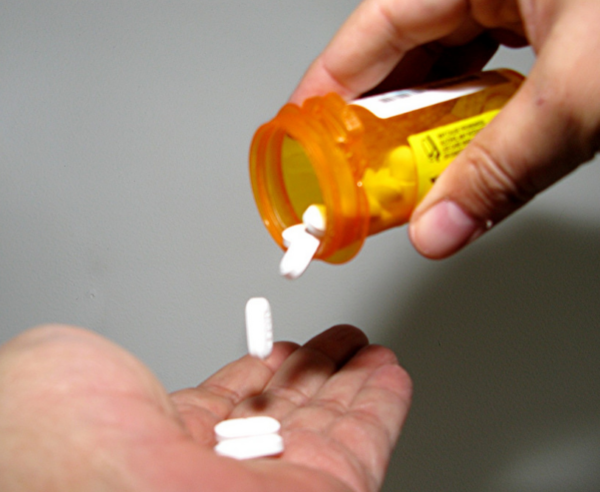With 80 people dying each day from overdoses of opioids, it is not surprising that Federal, State and Local authorities are seeking emergency measures and money to treat opioid abuse.

Less surprising is the moral outrage and lynch-mob mentality of those who seek vengeance against those they deem responsible for the epidemic. Just today, I read in the New York Times that the McKesson Corporation, “the nation’s largest drug distributor . . . finds itself at the center of the nation’s opioid epidemic.”
According to New York Times editor Gretchen Morgenson, McKesson shareholders and investors are likely to question the lavish pay packages earned McKesson executives while promoting the sale of lethal opioids to an unsuspecting public.
I do not doubt that corporate greed has played a large role in this terrible epidemic, but let’s not forget their important enablers:
- The US Food and Drug Administration (the “FDA”);
- The American Medical Association (the “AMA”);
- The American Pharmacists Association;
- The American Hospital Association (the “AHA”);
- The Department of Veterans Affairs (“the VA”);
- and many other public and private organizations that generously contributed their efforts to create this nationwide opioid epidemic.
I realize it is a lot easier to blame some Colombian or Mexican War Lord for our nationwide drug addiction, but it seems undeniable that the U.S. government and trusted private and public associations have colluded with drug companies to create this “semi-legal” drug epidemic.
The consequences are heart-wrenching for many families who have lost loved-ones to this terrible addiction. Large towns and cities across the country have been devastated. Communities can no longer support themselves due to drug addiction by large segments of their population.
Rather than seek villains from this terrible tragedy, it is an opportunity for all citizens to reflect on the dysfunctional medical and substance control and testing process that enabled privately-owned companies to “legally” hook so many Americans on prescription drugs. The “mea culpa” has plenty of self-serving enablers who would do well not to point fingers.
Sure, Big Pharma may eventually pay the price, but political party operatives have had their hands out at every stage of the addiction process to accept “political contributions” to keep the regulatory process well lubricated.
The Veterans and Opioids
As SFTT has reported on numerous occasions, the VA has regularly resorted to using opioids and other toxic prescription drugs to treat Veterans with PTSD and TBI. The VA and the Department of Defense (the DoD) have long known of the side-effects of opioids, but both have cited the FDA and “clinical trials” as evidence that their treatment procedures have strong support from the medical community.
According to the VA (whose numbers are generally suspect), some 68,000 Veterans are addicted to opioids:
“The Center for Investigative Reporting, using data provided under the Freedom of Information Act, said prescriptions for four opioids (hydrocodone, oxycodone, methadone and morphine) surged by 270 percent between 2000 and 2012, leading to addictions and a fatal overdose rate that was twice the national average.
“In 2014, the VA said it issued 1.7 million prescriptions for opioids to 443,000 vets to be taken at home.
“Citing a VA Office of Inspector General’s report, the Center for Ethics and the Rule of Law (CERL) said: “Between 2010 and 2015, the number of veterans addicted to opioids rose 55 percent to a total of roughly 68,000. This figure represents about 13 percent of all veterans currently prescribed opioids.”
Even by the VA’s own admission, these numbers are staggering. More to the point, the use of these opioids may have helped Veterans cope with their pain, but it has done little if anything to help treat Veterans suffering from PTSD and TBI. In fact, many Veterans will argue that the use of these prescription opioids has led to deeper depression and anxiety and, in some cases, suicidal tendencies.
Frankly, the use of opioids in treating PTSD and TBI has been largely unsuccessful. There are many less invasive treatment alternatives for PTSD and TBI, but the VA seems reluctant to pursue them.
Why? Has the insatiable greed of corporations and their government enablers blocked the pursuit of new treatment alternatives?
I certainly hope not, but I remain sceptical.
ShareJUL
2017

About the Author:
Vietnam vintage US Army officer who honors the brave men and women who serve our country.